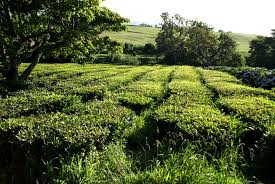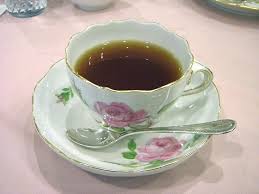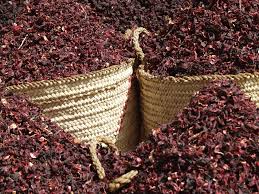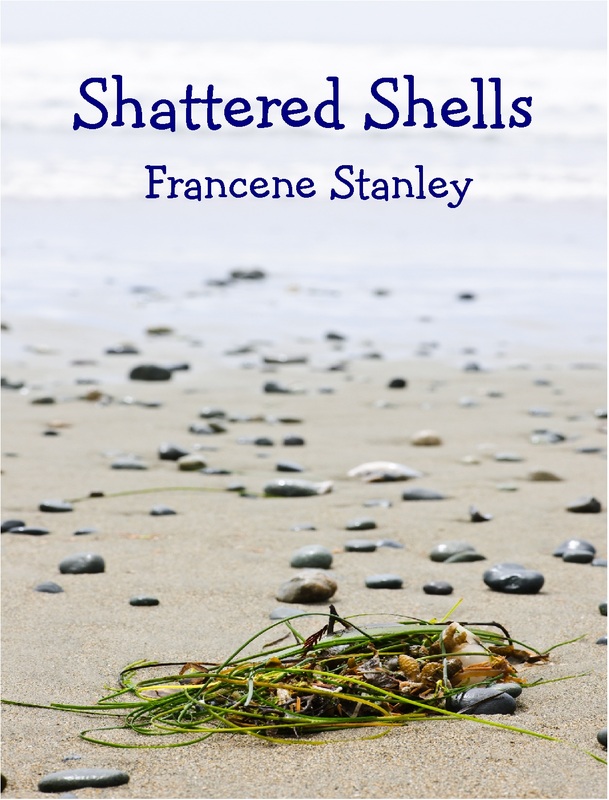That's the thing about Earth's weather fluctuations—we humans constantly balance the good with the bad, and face an uncertain future with tenacity.

Traditionally grown in India and China, the Scottish producers say its plantation benefits from the clean Scottish air, fresh spring water and good soil. The Wee Tea Company planted 2000 tea plants (Camelia Sinensis), making it one of the largest commercial tea plantations in Europe, and the only one in Scotland.
In its wild state, tea grows best in regions which enjoy a warm, humid climate with a good rainfall. Ideally, the plants like deep, light, acidic and well-drained soil.
The plucked leaves are collected in a basket or bag and after weighing are taken to the factory for processing, or "making", as tea manufacture is known in the tea trade.

Black tea, renowned by its liquid called red by the Chinese, is actually dark amber or orange in colour. After being plucked, the leaves are set out to dry. When they whither, the leaves are rolled either manually or with the help of machines through exposure to high temperature.
Fermentation defines the quality of the tea and produces healthy substances.

Black tea contains higher amount of flavone than other kinds of teas. Flavone is able to protect the heart and vessels. Source: Health Benefits of Black Tea.
I'm sipping a cup of tea with milk this morning as I pass on my message to you. The pleasant bitter tang on my tongue soothes me. No wonder English hospitals serve tea to ward patients. With the passing years, I've learned to take catastrophes in my stride. The weather constantly causes havoc with people's lives. Whilst I send my sympathy to all those suffering the tragic events today, I'm safe in my home, sipping tea. I wish I could share my well-being, my state of mind, my good fortune, even my tea.
'Let us eat, drink and be merry, for tomorrow we die.'





 RSS Feed
RSS Feed
